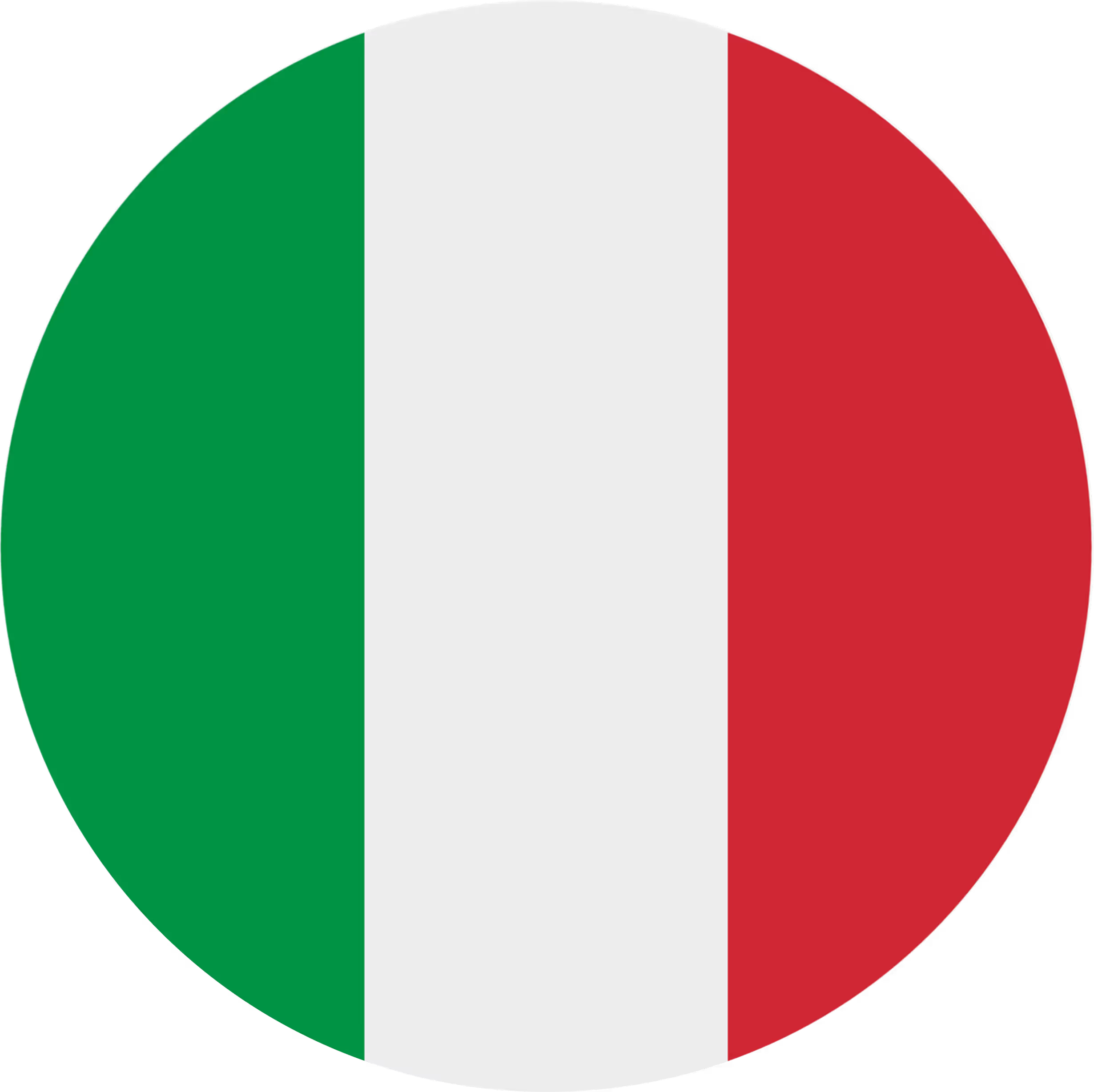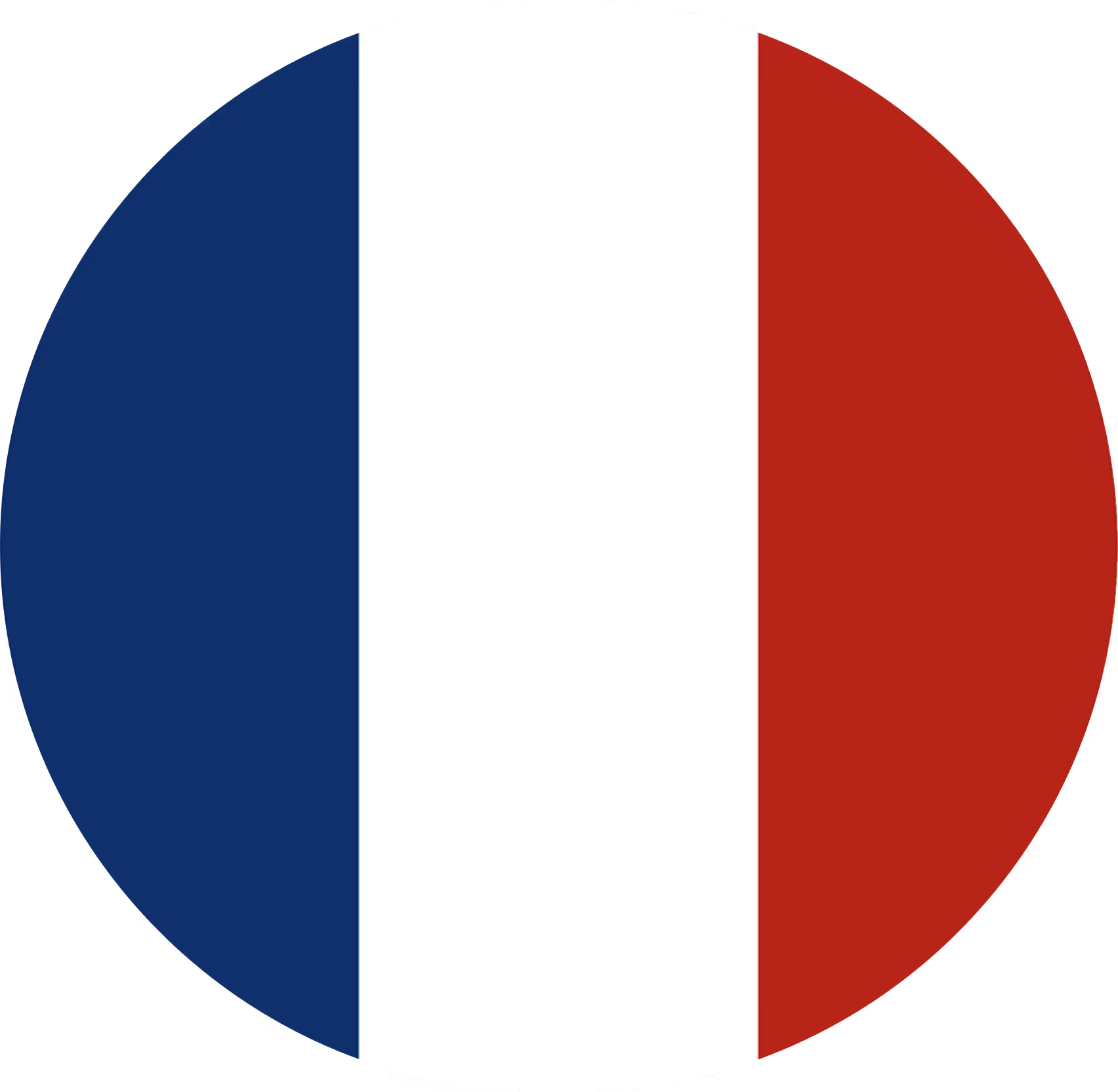Understanding the HoReCa business: the interconnected roles of producers, distributors, outlets and customers plus the importance of data


HoReCa, short for "hotels, restaurants, and catering," refers to the hospitality and food service industry. This industry encompasses a wide range of businesses, from small, independently-owned restaurants to large hotel chains and everything in between. These businesses are technically called "outlets" or "points of sale" (POS). In this article, we will explore the HoReCa business from all possible points of view, with a specific emphasis on the viewpoint of beverage producers as they form the bulk of our clients.
Time-limited event: Try a free demo of our Outlet Census Live 2.0 on-trade tool. Get your hands on a tool Coca Cola or Heineken are using
Beverage Producers
Beverage producers play a crucial role in the HoReCa industry. These companies are responsible for producing and distributing a wide variety of drinks, including alcoholic and non-alcoholic beverages. This can include everything from beer and wine to soft drinks, juices, and coffee. For beverage producers, the horeca industry represents a significant market for their products.
- Restaurants, bars, and hotels all rely on a steady supply of beverages to keep their customers happy and to turn a profit.
- Beverage producers must stay on top of the latest trends and demands in the industry to remain competitive.
- They need to continuously innovate their products, whether it's in terms of flavor, packaging, or sustainability to attract and retain customers.
Food Producers
Food producers also play an important role in the HoReCa industry. These companies are responsible for producing and distributing a wide variety of food products, from fresh fruits and vegetables to meats, seafood, and bakery items. Like beverage producers, food producers rely on the HoReCa industry as a significant market for their products.
- Restaurants, cafes and hotels are their customers, to whom they need to supplies their food needs.
- They also have to adapt to changing trends in the industry, such as the demand for organic or locally-sourced products.
- They have to ensure the food quality, safety, and packaging in order to maintain the level of customer satisfaction.
Beverage and Food Distributors
When it comes to distributing products to HoReCa outlets, beverage and food distributors are key players. These companies are responsible for transporting products from producers to restaurants, bars, and other HoReCa outlets. They must coordinate with both producers and horeca outlets to ensure that products are delivered on time and in the right quantities.
- They use the latest logistics technology to track and trace the products, monitor transportation times and costs, and ensure the products are delivered in optimal condition.
- They act as a mediator between producers and HoReCa outlet to negotiate the best prices for their products.
- In addition, they also have to comply with the regulations and certifications in the transportation and storage of food and beverage products.
HoReCa Outlets
HoReCa outlets, such as restaurants, bars, cafeterias, and hotels, are the backbone of the HoReCa industry. These businesses are responsible for providing food and beverage services to customers and can vary from fine dining to fast food, from luxury hotels to small motels. The success of horeca outlets depends on many factors, such as location, menu selection, and customer service.
- To survive in this competitive industry, HoReCa outlets need to continuously innovate and adapt to changing customer needs and trends.
- They also have to ensure the quality of their service, cleanliness, and ambiance to attract and retain customers.
- HoReCa outlets also have to comply with regulations, licenses and certifications required in the food and beverage service.
HoReCa Customers
Finally, we cannot forget about the HoReCa customers, who ultimately drive the industry. These can include both individuals and groups, such as tourists, business travelers, and event planners. The HoReCa customers have a wide range of needs and preferences, and it is essential for horeca businesses to understand these needs in order to attract and retain customers.
- HoReCa customers are becoming increasingly discerning, and they expect high-quality food and beverages, as well as excellent service and ambiance.
- Social media and online reviews play a huge role in the decision-making process for customers. It is crucial for horeca businesses to have a positive online presence and reputation to attract new customers and retain existing ones.
Importance of Data for HoReCa Businesses
When it comes to the HoReCa business, data is becoming increasingly important. For sales teams, precise HoReCa data can be used to target the best customers for the highest return on investment or measure their performance or market share. This data can also help beverage producers understand which products are selling well and which are not, allowing them to make strategic decisions about production and distribution.
- Data can also help HoReCa outlets understand customer preferences and demands, which can guide menu development and other important business decisions.
- Using data can also aid in cost management, inventory management and identifying potential frauds or errors in the business process.
With the increasing competition and changing consumer trends, it is crucial for companies to use data to make informed decisions and stay competitive in the horeca industry. The HoReCa industry is a complex and diverse field that encompasses many different types of businesses, from beverage producers to food producers, distributors, outlets, and customers. Each of these different players has their own unique role and perspective, but they are all interconnected and rely on one another to drive the industry forward. By understanding the different perspectives and utilizing data effectively, companies in the horeca industry can stay ahead of the competition and thrive.
Coca-Cola, Heineken, Asahi and other. How do the big ones succeed with HoReCa data?
In conclusion, the HoReCa industry is a complex and diverse field that encompasses many different types of businesses, from beverage producers to food producers, distributors, outlets, and customers. Each of these different players has their own unique role and perspective, but they are all interconnected and rely on one another to drive the industry forward.
The importance of data in the HoReCa business cannot be overstated, as it can be used to make informed decisions, stay competitive, and increase ROI. In today's fast-paced business environment, companies in the HoReCa industry need to be able to make data-driven decisions quickly and efficiently in order to succeed.
We at SharpGrid help big HoReCa players like Coca-Cola, Heineken or Asahi to succeed in this business by utilizing big data from HoReCa POS transactions and outlet-based data. Our BI tools Outlet Census and Market Meter help market leaders in understanding market trends, monitoring brand or product performance or getting intel on their competitors like numeric distribution, pricing and more. We also help HoReCa companies target the right outlets for maximum ROI and avoid unnecessary costs that can reach millions of €. If you're interested in how can we help your company grow, contact us and let's have a chat about it. Or try a demo of one of our products for free now.
FREE MARKET REPORT FOR HORECA & ON-TRADE
SharpGrid is a data & tech company reinventing market research in the on-trade channel. The on-trade channel consists of POSs (points of sale) like restaurants or bars where food & beverage is bought and consumed, and is often also called HoReCa, on-premise, food service, out-of-home, gastro or immediate consumption (IC) channel, hospitality or on-licence.






